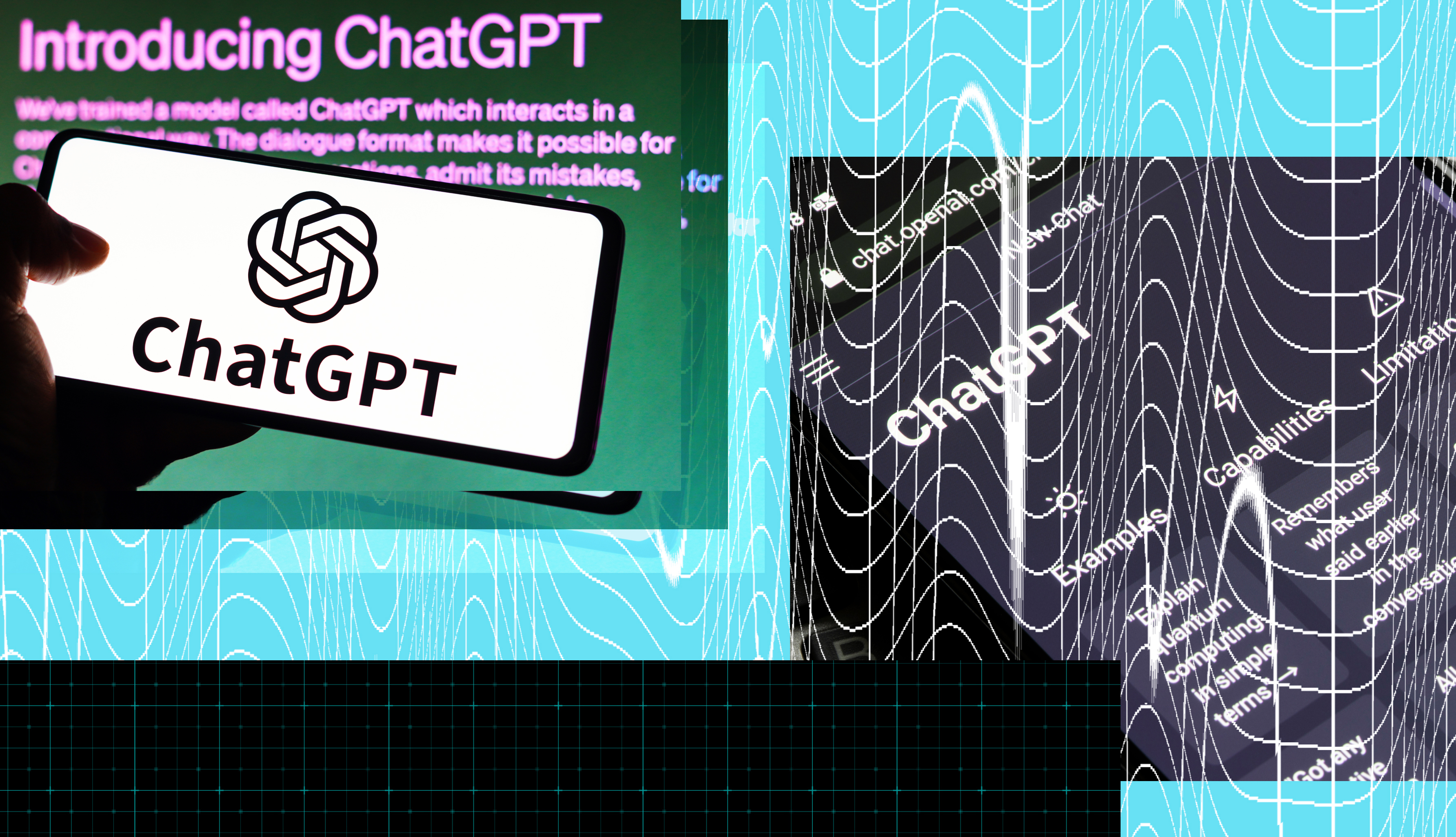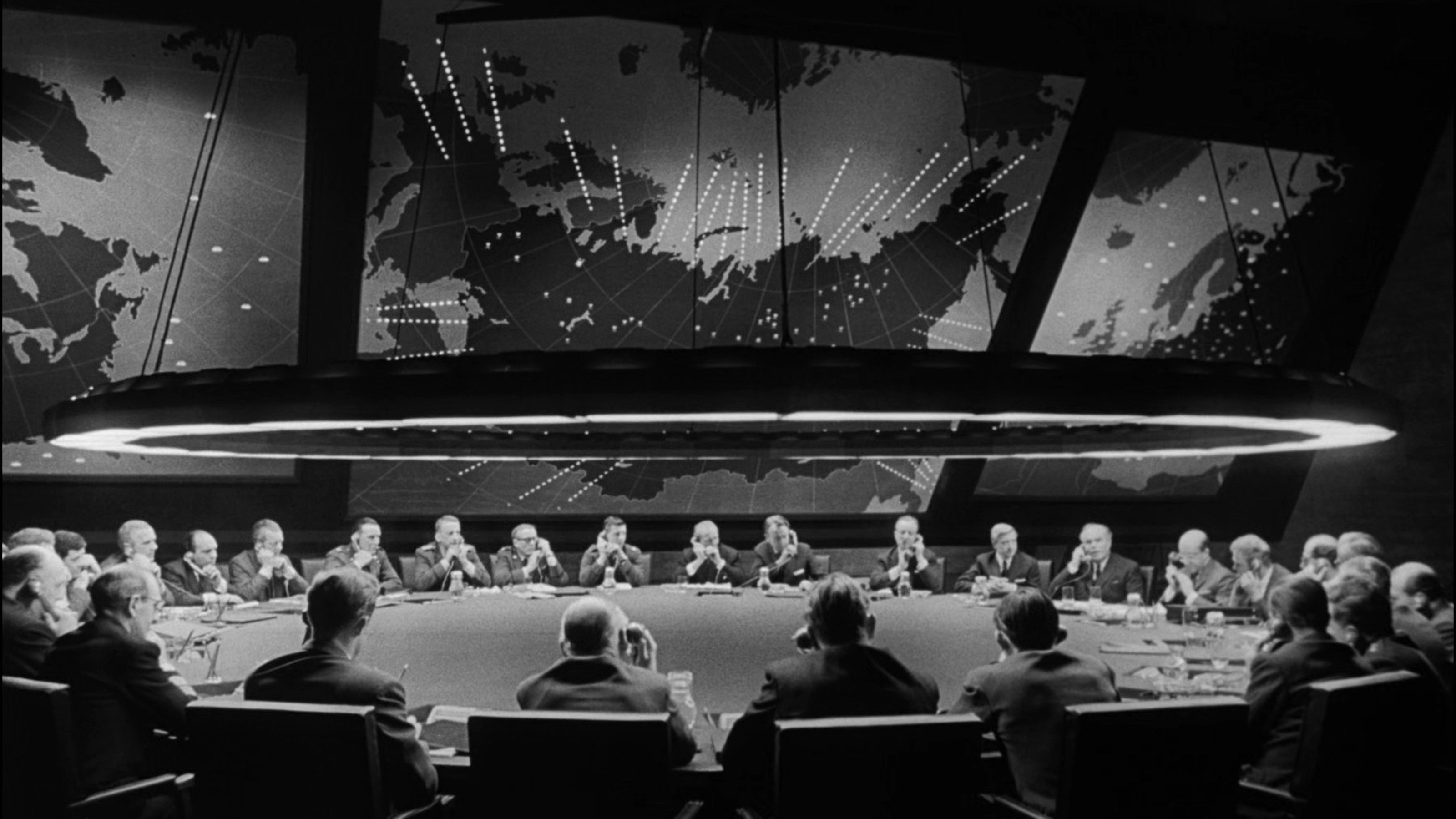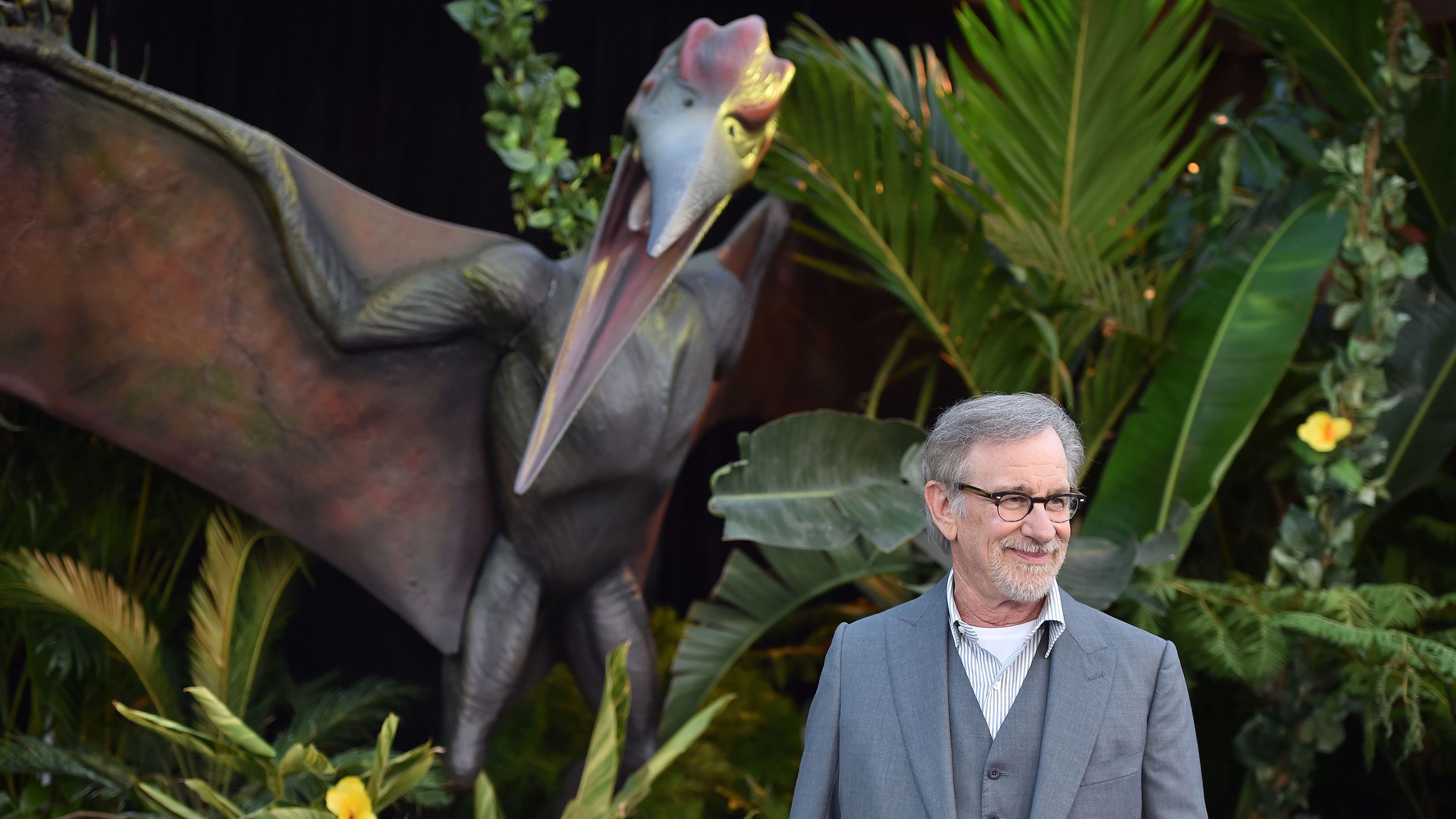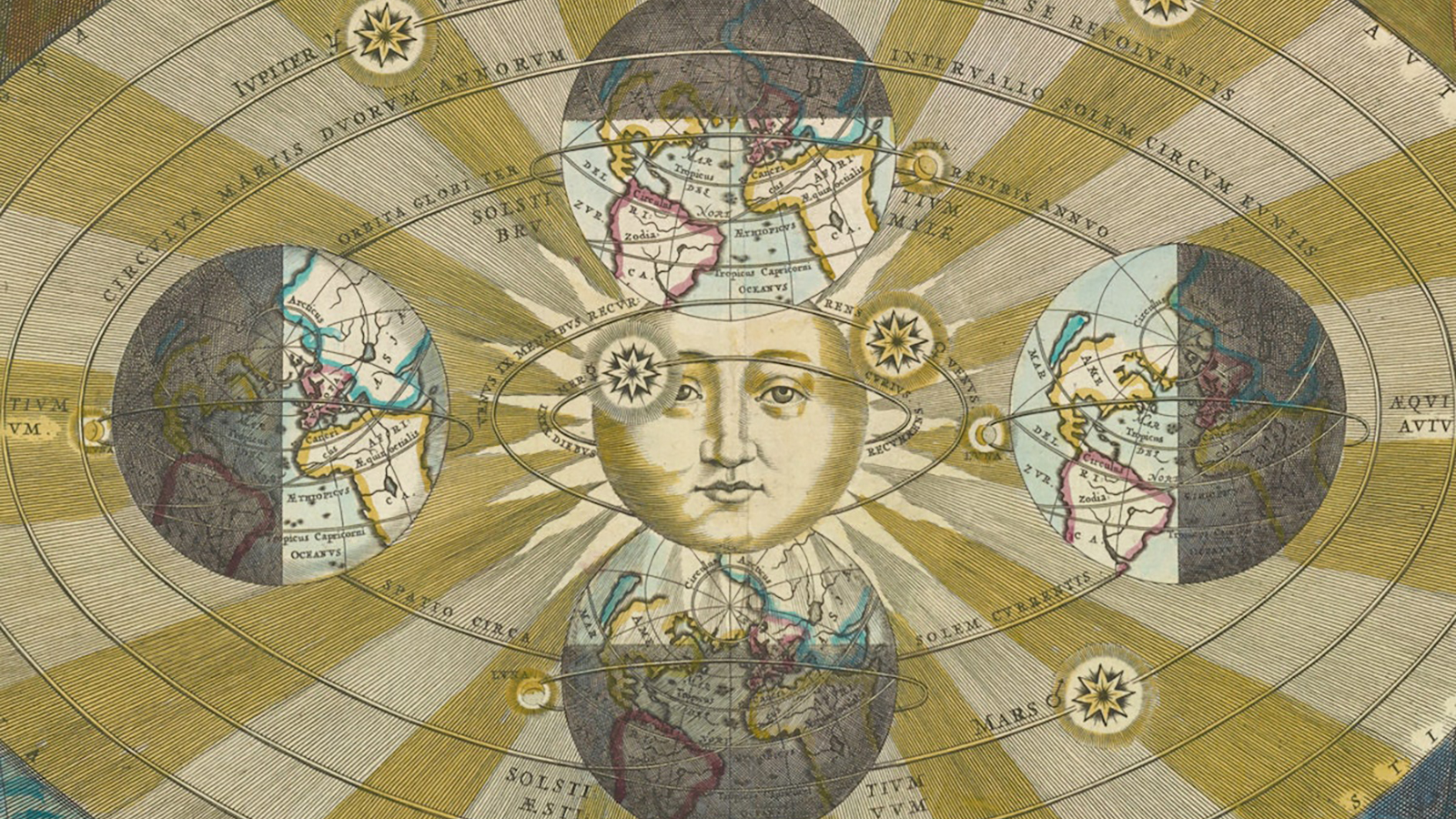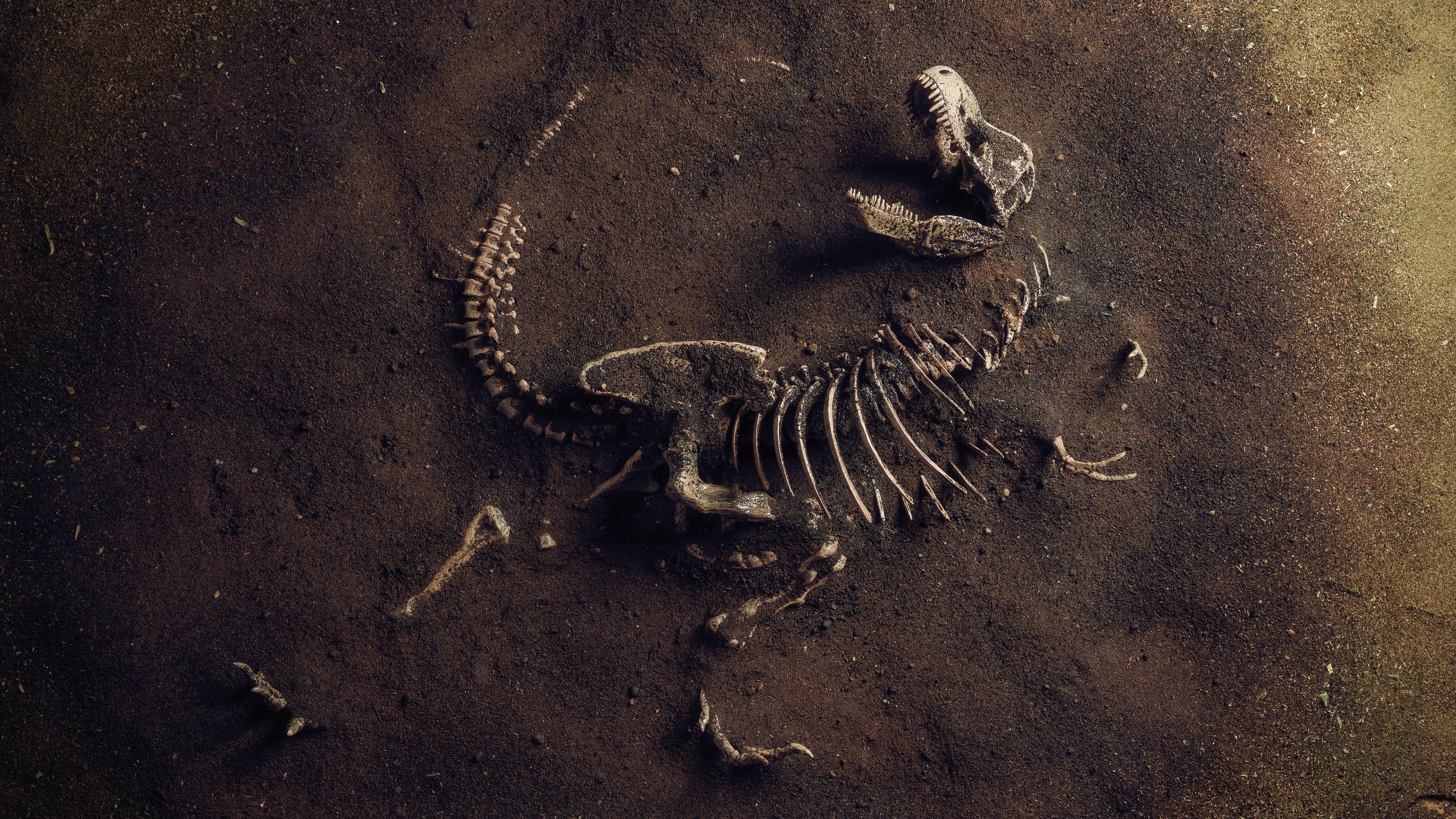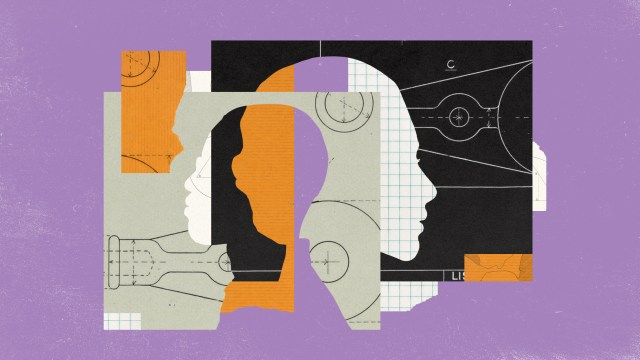We have to rethink our relationship to technology. Life depends on it

- Our lives are the unfolding of the choices we make and the contingencies life throws at us. This is true for each of us individually, and for humanity as a whole.
- To be alive is to be able to strategize to remain alive. All creatures do this. Life on Earth has been amazingly efficient at remaining alive, overcoming many global extinction events.
- Today, we have become our own existential threat. We need a new survival strategy, one that begins with a reinvention of our relationship to technology.
Humans are story-telling animals. We crave a good narrative, one that is impactful, meaningful, and that teaches us something about how to live our lives. Stories are mirrors we use to examine ourselves, ways of knowing who we are and why our lives matter. Each one of us is a story unfolding over the course of our lifetime. Each choice we make is a fork in that story, taking the narrative in one direction rather than others. As we live and choose our way amid this labyrinth of becoming, we are also rejecting a multitude of possible selves. If you had moved to a different place, if you had gone to a different university, if you had not dated or married this person, you would have lived a different life, and so would those around you.
To make things more challenging, life forces some choices along the way. Circumstances beyond your control push you this way or that, creating unexpected forks along your path. Sometimes these push you in a direction you did not want to go, or at least had not planned to. Wars, pandemics, losses, and conflicts all intervene. Sometimes we are lucky or free enough to choose how we react to such events, while other times we are not. This freedom or the lack thereof makes all the difference.
Amplifying this to our species, we need to be asking about our collective choices, and how free we are to make them now. The explosive growth of technology in recent decades, and especially with the acceleration of the Information Age, has brought us to a very big fork in the road toward our collective future. Which path will we choose now?
This preamble brings me to three of the most profound scientific questions about existence — questions entangled with the mystery of being human. They are questions of origins, and as such, they necessarily entail questions of endings. We cannot talk of a beginning without an end. Our existence is bracketed by time.
Life, the Universe, and a mind to steer them
The three origins are the origin of the Universe, the origin of life, and the origin of mind. This is the order in which things evolved in this cosmos. The Universe had to exist before life could eventually develop on this and perhaps other planets, and life had to come about before creatures could develop the cognitive abilities that add up to the powers of the mind. There is a level of increasing complexity in the way material forms evolved along this timeline, as stars cooked up the atoms that became the living creatures that have populated this planet for at least 3.5 billion years. Life is matter given intentionality, with the unquestionable mandate to remain alive. That is where strategy comes in all living forms — forms as varied as mushrooms, orchids, bacteria, gorillas, lobsters, people, and ants. And where you find strategy, there is mind.
Likewise, you had to be conceived to begin existing as a living creature that developed cognitive abilities that allowed you to make the choices that gave rise to who you are now. Life on Earth went through countless existential challenges during its existence, narrowly escaping obliteration a few times. But remarkably, it did survive, and without intentionality, it used these near-extinction events to come back different, more resilient, and with better strategies for surviving. The spectacular abundance and adaptability of life on Earth should be an example of how contingencies beyond our control can be a force for growth and learning. Could we as a species learn collectively from the history of life on our planet?
Reading the news, the prospects do not seem good. Warfare involves threats as great as the prospect of nuclear annihilation. New technologies bring new fears with them, from genetic engineering to power-hungry AI. We have mastered the art of turning technology into existential threats, and we seem to be terrorized by the tools we invent. The only thing that changes along the way is the kind of threats — the dangers that accompany the technologies we invent. With each step we tend to say that this time is different.
Adapting to ourselves
There seems to be a fundamental disconnect here. On one side, we have an endless appetite for the new, for novel inventions that serve a dual role, for good and for wrong. A new technology will help alleviate human suffering, it will streamline production, it will improve our collective quality of life — you are familiar with the appeals. Soon, the other side chimes in — we learn this new technology serves the interest of evil groups and is going to destroy us, not save us. Creativity brings light and shadow both, pitting greed versus virtue, more versus sharing, control alongside belonging, the plundering of natural resources against sustainable growth.
Compare the technological threats that we keep imposing on ourselves to, say, the impact of a killer asteroid like the one that expedited the end of the dinosaurs, together with a good chunk of life on Earth, 66 million years ago. That was quite a contingency. It presented all of life with a very abrupt choice: Adapt or go extinct.
Now, we ourselves have become the planet’s destructive contingencies, acting against ourselves and all life. We are the new, global killer event that is causing havoc with the life collective and the planet. What is our choice? Echoing our distant mammal ancestors of the Cretaceous-Paleogene boundary, the only choice is to adapt or to perish. But how can we adapt? By finding new survival strategies, which is and has always been the essential life imperative.
Our only survival strategy at this point is to reinvent our relationship with technology. Up to now, technological invention has been detached from moral choice. Sure, there are international agreements that purport to prohibit chemical or biological warfare, or try to cap the number of nukes ready for deployment. But these are all a posteriori agreements, hastily cooked-up remedies to our destructive drive.
What if we create a set of a priori moral safeguards that guide technological developments, agreeing that innovations should stay within the very reasonable framework of not destroying civilization and life on the planet? “Sounds naïve,” many would say, given the greed and the drive for power that partially fuel technological development. Well, yes, very naïve indeed, especially as seen from the antiquated perspective of continuous growth that has driven us since the Industrial Revolution. That is our civilizational blind spot. Old worldviews will fight to remain in power until they become so absurd in their proposals that choosing them is outright laughable. And this change of an old worldview into an absurd worldview depends on us and on our choice of what should come next.
